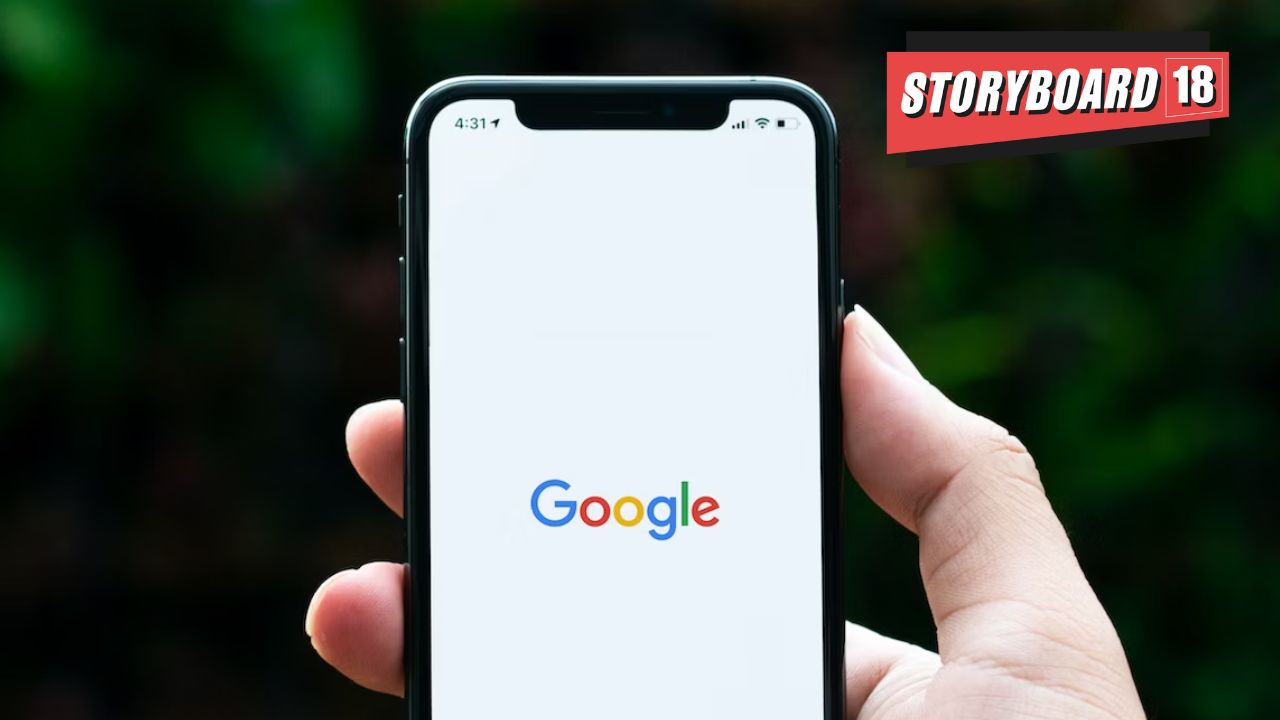In an attempt to curb misleading advertisements and keep scams at bay, search engine giant Google has recently rolled out a policy called ‘Limited Ads Serving’ across all its platforms.
What it means is that Google will now have a ‘get-to-know-you’ period for advertisers it doesn’t know well. During this time, Google Ads may limit the number of impressions unfamiliar advertisers receive.
Advertisers who did not have an advertising history or a track record of good behaviour could experience their ad impressions being limited, until they caught up and built a track record, Google was quoted saying in a news report.
Google will also provide a helping hand to advertisers by advising them on how to come up with clear ads (For example, for a not so well-known brand, pinning of their domain to the title of the ad).
When will it apply?
The Limited Ads Serving policy will apply when an advertiser targets specific brands in their campaign but the relationship between the ad and brand is unclear, Google said.
This will be coupled with understanding whether the advertiser has completed the process of Google’s Advertiser Identity Verification. This is in order to determine whether and when new advertisers can extend their reach.
The search giant will notify the advertisers who have been covered by ‘Limited Ads Serving’.
This gradual rollout aims to curb bad actors while giving legitimate advertisers time to clarify their branding strategies on the platform before they’re rewarded with full reach.
Controversy around YouTube
The rollout of the policy comes after the advertising practices of Google’s YouTube in August was accused of providing a way for companies to track children across the web, according to a report in the New York Times.
However, in a blog post, Dan Taylor, vice president, global ads, YouTube, called the report ‘deeply flawed’ and ‘uninformed’.
“Since January 2020, YouTube has treated personal information from anyone watching ‘made-for-kids’ content on the platform as coming from a child, regardless of the age of the viewer. This means we prohibit ads personalisation. Additionally, we do not allow the use of third-party trackers in advertisements served on made-for-kids content on YouTube,” he said.
This is not the first time the American multinational technology company is coming under fire. This year, in June, a Wall Street Journal article mentioned that 80 percent of the search giant’s video-ad placements on third party sites violated promised standards.
